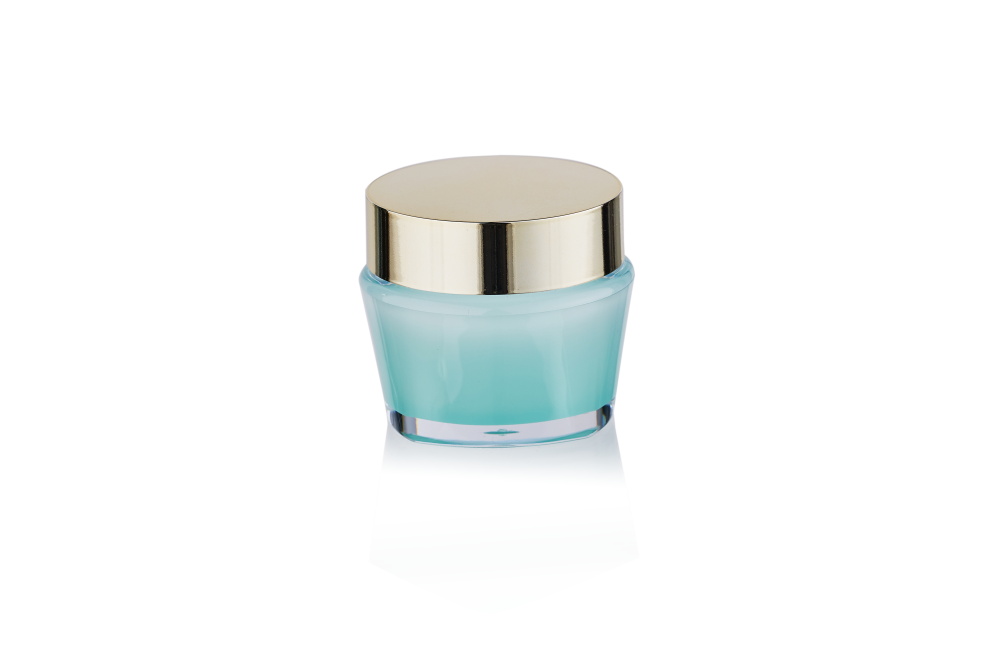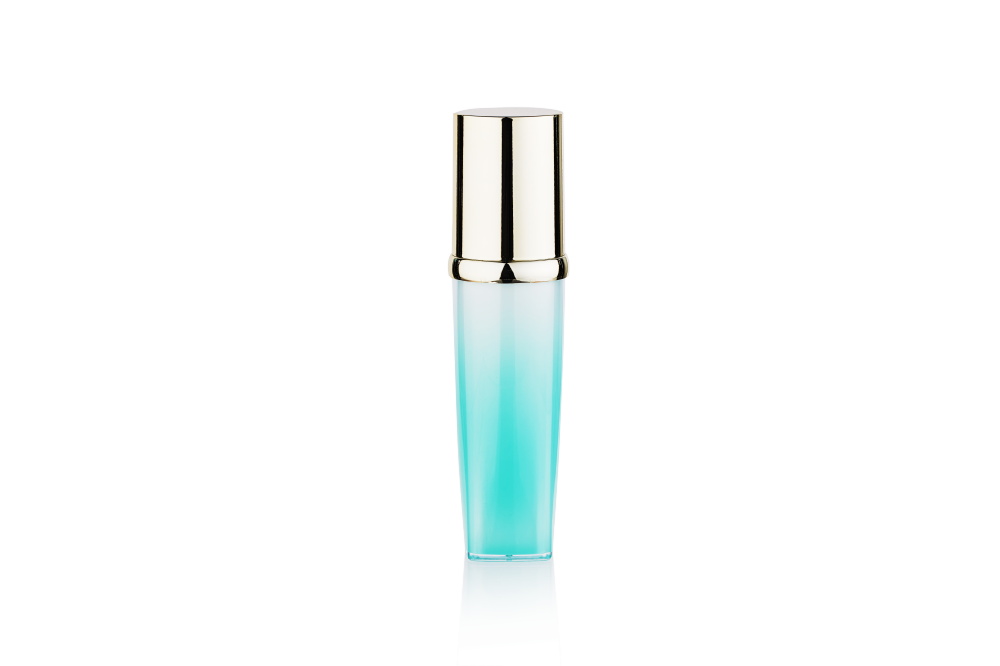Frosted glass bottle: frosting refers to immersing the glass bottle in the prepared acidic liquid (or coating with acidic slurry), using acid to erode the surface of the glass bottle, and adding hydrogen fluoride ammonia to the acid solution to form crystals on the surface of the glass bottle. Therefore, the grinding process is completed, and the surface of the ground glass bottle is unusually smooth, and the hazy effect is produced due to the scattering caused by crystallization. If the surface is rough, it means that the acid corrodes the glass bottle seriously, which is the immature performance of the sanding master. Or some of them are not crystallized (commonly known as not ground to sand, or the glass is spotted), which also belongs to the master's poor process control. This process is technically difficult. The advantage of this processing method is that there are crystals on the surface of the glass bottle, which are formed under a critical condition. The main reason is that the ammonia hydrogen fluoride has reached the time when the fast sales are exhausted.
Sand blasting glass bottle: this process is very common. It uses a spray gun to conduct high-speed sand blasting on the glass surface, making the glass surface produce a fine uneven surface, so as to achieve the effect of scattering light, and make the light have a hazy feeling when passing through. The surface of the glass bottle made by sand blasting process feels rough. Because the surface of the glass bottle is damaged, it seems that the original exposed glass seems to be a white glass bottle.
Post time: May-30-2022


